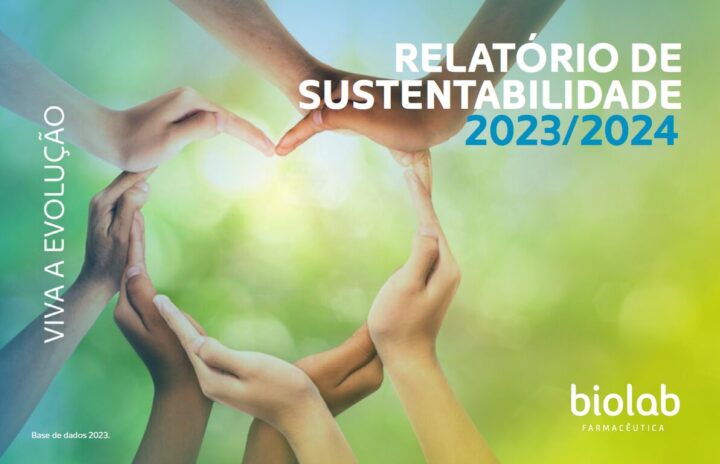Environmental management is one of the central pillars of Biolab's sustainability practices and the company is continuing its journey of implementing programs aimed at reducing environmental impacts and the conscious use of resources. Biolab adopts strict measures for selective collection, monitoring and mitigating the environmental impacts of its operations, with a focus on preserving the ecosystems where it operates and ensuring compliance with environmental regulations.
One of Biolab's main environmental projects involves the sustainable use of Brazilian biodiversity. The company is developing a new product based on barbatimão, a plant native to Brazil, in partnership with local communities, promoting biodiversity conservation and encouraging sustainable extraction practices. This commitment to environmental protection is also reflected in initiatives to digitize processes on the production line, with the aim of reducing the consumption of paper and other materials, optimizing the use of resources and reducing the generation of waste.
Another highlight is the expansion of Biolab's industrial complex in Pouso Alegre (MG), which will have a production capacity of more than 400 million units per year. This expansion was planned based on sustainability criteria, and the company is seeking international certifications, such as those from the FDA and the EMA, to ensure that its products meet the highest standards of quality and environmental responsibility.
Biolab tracks and monitors the effectiveness of waste management practices and water consumption through a robust system that includes internal audits, "Gemba" practices, indicator management and industrial control meetings. In addition, the Loss Reduction Committees discuss processes and implement actions and projects for continuous improvement in manufacturing processes, with the aim of reducing the waste of materials and water, as well as increasing operational efficiency.
Achievements 2023/2024
Reduction of 3.5% in waste generation in 2023/2024, captured through Waste Transport Manifests (MTRs).
Reduction of 1.5% in electricity consumption in 2023/2024 at the Taboão da Serra, Jandira, Itapevi, Bragança and Pouso Alegre units.
100% of industrial effluent generated in 2023/2024 collected and directed to own Effluent Treatment Plants (ETEs).




